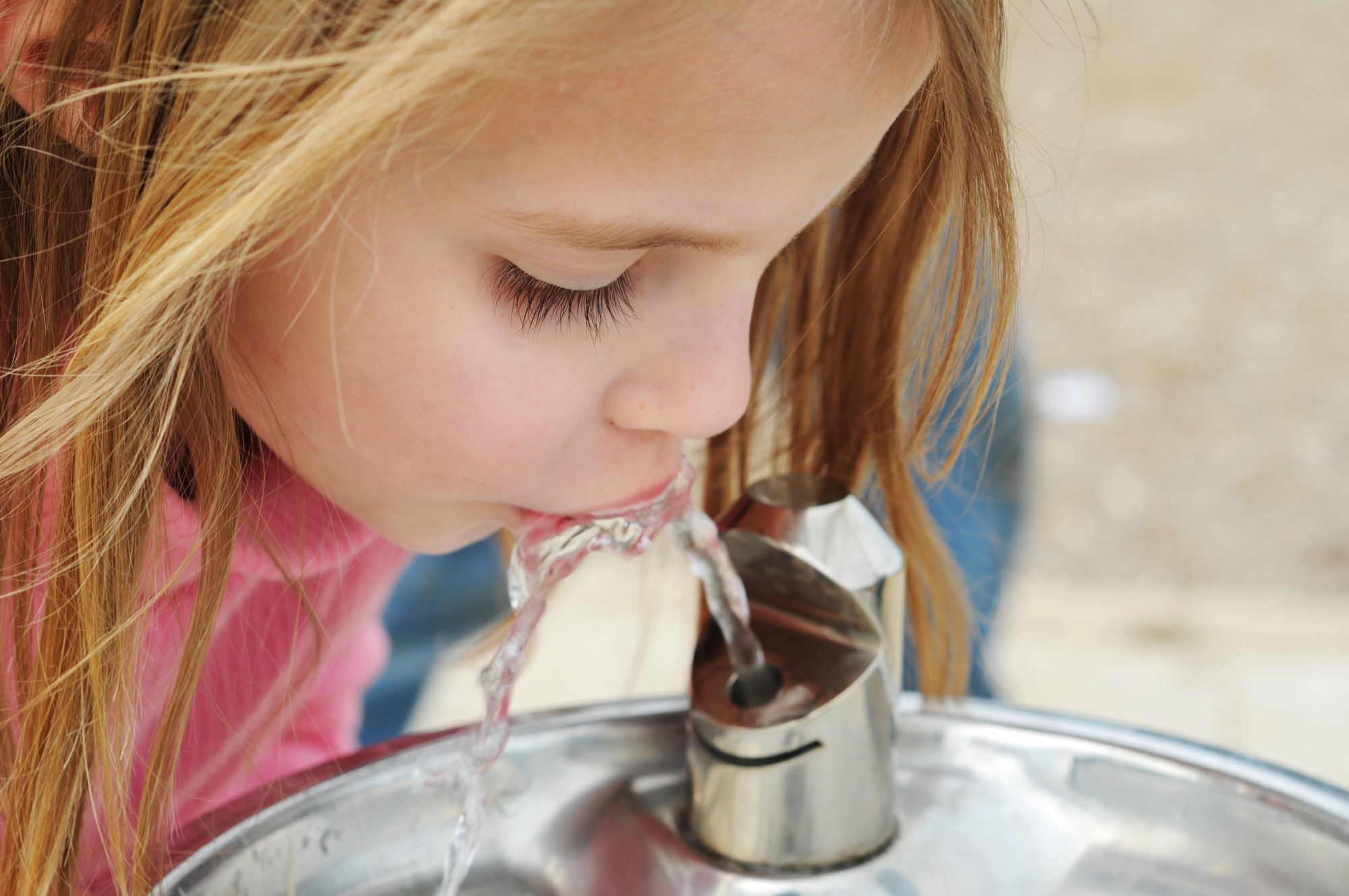Consumers’ Surprising Views About Product Safety and Certification
Results of the Survey
The survey revealed a nearly 50/50 split between people who said product claims were helpful and those who said they were confusing, overwhelming or meaningless. Americans trust claims tested and certified by independent organizations more than claims made by product manufacturers and brands.
The findings suggest self-declared claims made by brands and manufacturers without any independent verification may contribute to consumer confusion and mistrust.
Highlights from the survey include:
- Third-party certification is highly trusted. Across all four product categories, 85% trust independent, third-party certification organizations and 78% trust claims made by government agencies. Conversely, only 32% trust claims made by celebrities and influencers.
- Men are more likely to trust claims made on social media or by celebrities or influencers. Men are significantly more likely to trust claims on social media (44% vs. 31% of women), as well as claims made by celebrities or influencers (39% vs. 26% of women).
- Millennials have much greater concern over product safety and younger Americans are generally more trusting of claims made on social media. 74% of Millennials are concerned about potentially harmful food and other consumer products. By comparison, only 64% of Gen X and 53% of Baby Boomers are concerned about the safety of these products. Nearly half of Millennials (48%) and half of Gen Xers (51%) trust claims made on social media.
- Parents have much greater concern over the safety of products they put in, on and around their bodies. 79% of parents are concerned compared to 55% of non-parents. Interestingly, 45% of parents (compared to just 17% of non-parents) admit they have purchased a product despite realizing its claim was invalid.
Consumer Views About Specific Product Categories
Food
The majority of Americans prioritize food quality over safety. 81% of Americans assume the food products they consume adhere to strict safety standards, which may help explain why most consumers focus on food quality over safety. 36% rarely or never look at claims made on food items.
Dietary Supplements
Over half were concerned that dietary supplements could be harmful to you or your family. 34% have purchased dietary supplements despite being unsure the claims on the product were verified.
Cleaning Products
Safety of cleaning products is the top priority for most people. 83% are more likely to trust a cleaning product with an independent certification, but 48% said they did not know cleaning products can receive safety certifications.
Personal Care Products
Americans may automatically assume that all personal care products are safe. 81% assume the personal care products they use adhere to strict quality and safety standards. Additionally, 60% of Americans don’t check to see if personal care products adhere to strict quality and safety standards—and 52% don’t know that personal care products can be certified.
Choose an Independently Certified Product

From verification of claims like gluten-free, non-GMO and raised without antibiotics to certification of products like dietary supplements, bottled water, drinking water filters and home cleaning products, NSF tests and certifies more than 30,000 products a year. NSF experts also conduct more than 220,000 audits and inspections of manufacturing facilities worldwide each year.
When consumers see the NSF mark on a package, they can be sure the product has gone through extensive testing and review for potential health and safety risks as well as testing for the accuracy of claims made on the label.
How NSF Can Help You
Get in touch to find out how we can help you and your business thrive.

What’s New with NSF

Michigan’s “Filter First” Law: A Guide for Schools and Childcare Centers
April 23, 2024
Healthy People Living on a Healthy Planet: The Future We’re Working For
April 4, 2024
American Meat and Egg Distributors Now California-Ready with NSF’s Prop 12 Certification
April 3, 2024